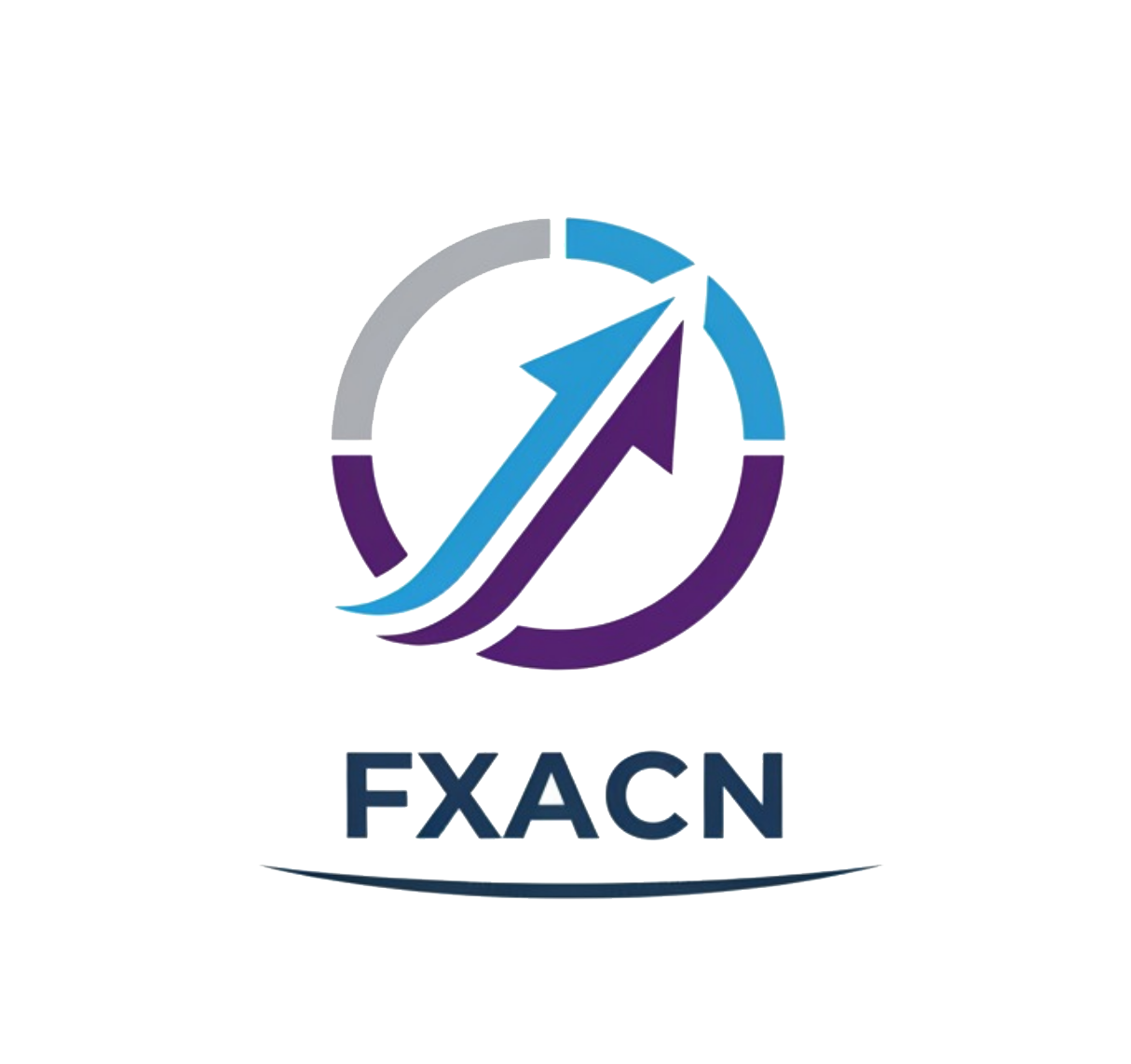Introduction
AMarkets, a forex and CFD broker founded in 2007, has positioned itself as a notable player in the global trading landscape, attracting over two million clients worldwide. As traders increasingly flock to online brokerages, it becomes crucial for them to assess the legitimacy and reliability of these platforms. The forex market’s volatility and the prevalence of scams necessitate cautious evaluation. This article utilizes diverse sources and reviews to provide a comprehensive examination of AMarkets, investigating its regulatory standing, financial practices, customer experiences, and overall safety to ascertain, “IS AMarkets safe?”
Regulation and Legitimacy
Regulatory compliance is a pivotal aspect of any financial broker’s credibility. AMarkets claims to be regulated by the Financial Services Authority (FSA) of Saint Vincent and the Grenadines, along with being a member of the Financial Commission. While the latter offers some investor protections, it is essential to highlight that regulation from the FSA is considered less stringent than other top-tier regulators. Below is a summary of AMarkets’ regulatory status:
| Regulatory Body | License Number | Regulatory Region | Verification Status |
|---|---|---|---|
| FSA | 22567 IBC 2015 | Saint Vincent | Active |
| Financial Commission | – | International | Active |
The quality of regulation significantly impacts traders’ security. The FSA’s reputation is often questioned due to its liberal approach to broker registrations, which may not ensure comprehensive consumer protections. Nonetheless, AMarkets’ membership in the Financial Commission includes a compensation fund for clients of up to €20,000 per case, providing a layer of security against unforeseen disputes. Traders should remain vigilant about the implications of trading with a broker under such regulatory frameworks.
Company Background Investigation
AMarkets’ history traces back to its inception as Adrenalin Forex, with a rebranding to its current name occurring over the years to reflect its global ambition. The broker has undergone several structural changes, expanding its operational reach to various jurisdictions including Latin America and Asia. The management team comprises seasoned professionals with extensive experience in finance and trading, contributing to the company’s growth and reputation. However, transparency regarding the company’s ownership structure and specific identities of key executives remains limited, raising potential concerns about accountability.
The company’s information disclosure practices, while decent, could benefit from more detailed insights into management and operational strategies. AMarkets has made strides to establish a constant communication line with its clients through educational support and market insights, further enhancing its overall transparency. Nevertheless, a critical eye remains necessary in evaluating how this affects brand trustworthiness.
Trading Conditions Analysis
A broker’s trading conditions are fundamental in determining its attractiveness to traders. AMarkets offers several account types, including standard, fixed, and ECN options, with varying spreads and commission structures. Common concerns about its fees relate to specific commission charges and potential hidden costs that could emerge during trading activities. Below is a comparison of AMarkets’ key trading costs:
| Fee Type | AMarkets | Industry Average |
|---|---|---|
| Major Currency Pair Spread | From 1.3 pips | From 1.0 pips |
| Commission Model | From $2.50 per lot (ECN only) | Varies widely |
| Overnight Interest Range | Varies by instrument | Generally similar |
While AMarkets claims to maintain a competitive pricing structure, the spread can grow significantly for the standard accounts, putting cost-sensitive traders at a disadvantage. Moreover, the presence of commissions particularly on ECN accounts demands that prospective clients thoroughly compare their trading strategies against the cost structure to ascertain profitability.
Client Fund Security
The safety of traders’ funds is paramount in establishing whether “IS AMarkets safe.” AMarkets employs various measures such as segregated accounts to keep clients’ funds apart from company assets, ensuring that customers’ money is safeguarded in the event of operational failures. Moreover, the broker offers negative balance protection, which is crucial for mitigating losses, especially in highly leveraged trading environments.
Despite these strategies, the lack of regulatory insurance or deposit protection plans similar to those offered by tier-1 regulators opens a discussion regarding potential risks in the case of financial issues. Traders should consider these safety measures while remaining aware of the broker’s overall regulatory stance, particularly how it might affect fund safety in extreme market conditions.
Customer Experience and Complaints
Customer feedback is invaluable in assessing the overall reliability of AMarkets. User experiences are mixed, with many praising the broker for its rapid withdrawals and responsive customer service. However, complaints frequently arise regarding the scope of support provided, especially for less experienced traders. Key complaint categories with severity evaluations are summarized below:
| Complaint Type | Severity | Company Response |
|---|---|---|
| Delayed Withdrawals | Medium | Generally prompt |
| Account Verification Issues | High | Longer processing times noted |
| Limited Educational Resources | Medium | Ongoing development noted |
Typical cases include users struggling with the account verification process, often leading to delays in accessing their funds. These issues have affected new traders particularly, as they may not fully understand the requirements and processes involved. It is clear that while AMarkets excels in fast trading execution, it has room for improvement in its customer interaction and educational resources amenable to novice traders.
Platform and Trade Execution
The trading platforms provided by AMarkets, namely MetaTrader 4 (MT4) and MetaTrader 5 (MT5), are well-regarded in the industry for their functionality and use across several devices. Tactical execution, minimal slippage, and high stability are frequently mentioned in user reviews. Nevertheless, any signs of platform manipulation or high rejection rates remain a concern that must be addressed transparently by the broker.
The broker’s assertion of exceptionally high order execution speeds (reportedly around 30 milliseconds) indicates a commitment to providing best-in-class service. However, traders should continuously monitor their performance and execution quality during periods of high volatility to ensure that experience aligns with expectations.
Risk Assessment
Understanding the inherent risks involved in trading with AMarkets is essential for potential clients. The broker’s feature set and operational methodology prompt a wide-ranging risk evaluation. The following risk categories summarize the overall concerns:
| Risk Category | Risk Level (Low/Medium/High) | Brief Description |
|---|---|---|
| Regulatory Scrutiny | Medium | Limited regulation raises potential risks. |
| Cost Structure Complexity | High | Hidden fees may impact overall trading profitability. |
| Fund Security | Medium | Segregated accounts exist, but limited deposit insurance is concerning. |
To mitigate prevalent risks, traders should consider implementing robust risk management strategies, including setting stop-loss orders and diversifying their portfolios. By remaining informed about potential pitfalls and exercising caution, traders can navigate their activities more safely with AMarkets.
Conclusion and Recommendations
In conclusion, after evaluating multiple facets of AMarkets, it can be stated that while the broker has a considerable reputation and provides relevant tools for trading, it still presents challenges in areas such as regulatory oversight and customer support. Potential clients asking “IS AMarkets safe?” should weigh the available evidence critically.
For beginner traders or those risk-averse, it may be prudent to explore alternative brokers who offer more robust regulatory protections and educational resources. For seasoned traders comfortable with the potential risks, AMarkets offers competitive trading conditions, particularly in terms of execution speed. Suggestions for alternative, well-regulated options include brokers governed by stringent authorities like ASIC or FCA, which could provide a more secure trading experience.
Ultimately, the decision to engage with AMarkets should depend on individual trading strategies, risk profiles, and trust in the broker’s operational protocol.


